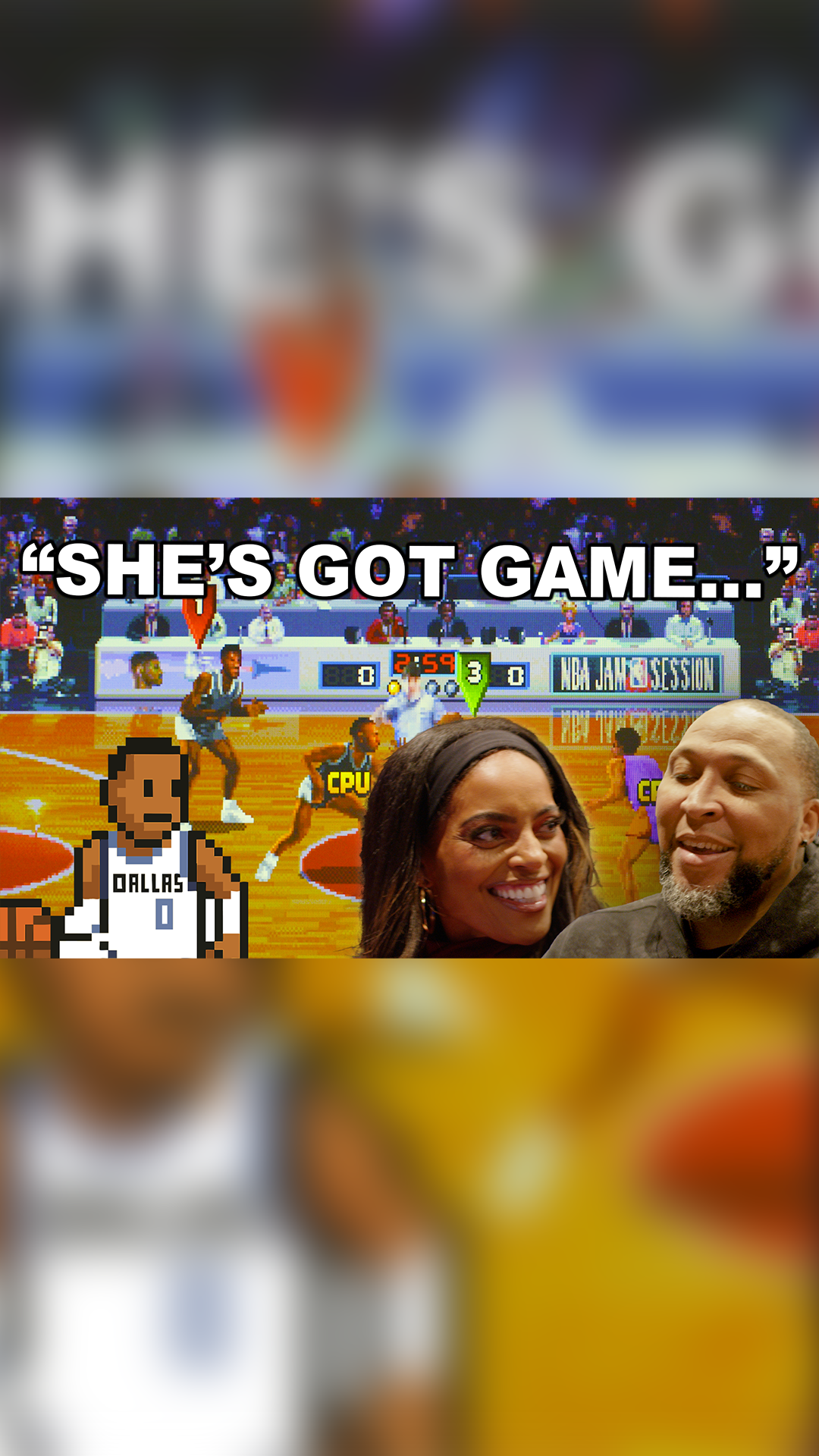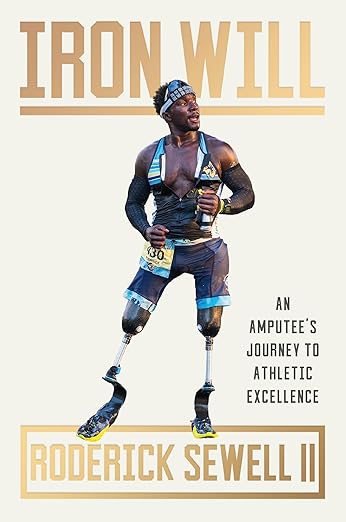
VOLUME ONE | ISSUE FIVE
Wednesday, November 19, 2025
Editorial Note
Basketball is one of my favorite sports, beginning with the era of Magic Johnson and Larry Bird, and accelerated by Michael Jordan. But very few of us in America ever get to hear the stories of Indigenous people, who some still refer to as Native Americans, and the games they may love. Like basketball, Dr. Twyla Baker, an Indigenous scholar and college president, takes us there, to “Rez Ball,” and what basketball means to that community.
Indeed “community” is a word that matters dearly to Malcolm Shabazz Hoover. He writes, as a Black male, of what game has meant to him, his life, and navigating the slings and arrows, as Shakespeare wrote, of outrageous fortune. A farmer by trade, Malcolm is a winner in life.
Cancer is not a game, this we know. Gerie Ventura is a survivor, and in this issue her tender and beautiful piece is full of hope and, yes, life. We all know a Gerie. Her short essay touched my soul deeply, and I am sure it will yours, too.
And as a poet I am so happy to have the musings of fellow poets Jesse Waters and Queen Sheba in this issue. Jesse writes about how poetry spoke to him as a youth, and why poetry should matter to us all. And Queen Sheba, a 3-tme GRAMMY-nominated poet, talks about the word game from her unique perspective.
This is issue 5 y’all! Read it, share it, subscribe, and encourage others to subscribe too! And please check out the previous four issues. All the pieces are short, on purpose, and all have passion, and purpose.
Kevin Powell, The Game Editorial Director, is a GRAMMY-nominated poet, humanitarian, author of 16 books, filmmaker, and writer of forthcoming biography of Tupac Shakur.
THE NEW RULES
Hardwood Hostiles: Art and Culture of Rez Ball

Dr. Twyla Baker
One of the earliest memories I can recall is of watching my older brothers from my stroller, shooting hoops on a playground court in what was then known as Drags Wolf Village, or “The Vill,” as local folks referred to it. Named for a prominent historical Chief of my tribal nation the Three Affiliated Tribes (also known as the Mandan Hidatsa & Arikara Nation), it was a housing development built by the federal government here on the Fort Berthold Indian Reservation in northwest North Dakota. The Vill was home to me and my family when I was very young, after my father was hired by the local high school to teach history and coach basketball while my mother worked at a motor lodge close by. There wasn’t much to do for fun in Tribal housing for a kid except perhaps to venture to the public courts with a basketball, which is exactly what my brothers did, baby sister in tow. Particularly for the children of a former collegiate ball player and coach like our dad, I’m sure a basketball was placed into our hands before we could even walk. Our lives revolved around a sport and a style of play that isn’t seen every day elsewhere, but that we grew up on—now more widely known as “Rez Ball.”
Rez Ball isn’t just basketball in our small communities. It’s a mixtape of motion—lightning-fast breaks, rapid-fire, no-look passes, deep threes, and the kind of excitement and high stakes hustle that I’m pretty sure was at least part of the reason my mother had high-blood pressure for years. On any given night, in a small gym on some Rez in the middle of nowhere under the buzz of fluorescent lights, and with the smell of popcorn drifting in from the concession stand, magic is happening. Not the kind of magic you find in Disney movies; those studios and writers can only dream of the types of underdog and Cinderella stories that are lived out here. This is real magic—the kind born from spirit, community, legendary athleticism, and a long, almost ancestrally stubborn refusal to give up.
Rez Ball is how we gather. Families pack the bleachers dressed in school colors. Uncles might argue with the referees like it’s their life’s calling. Kids run the halls, already wearing too-big jerseys and dreams, and may on occasion run out onto the court and shoot at halftime, until teams re-emerge from locker rooms ready for the second half to start. Somewhere, a grandma in a folding stadium chair is quietly hoping her grandkid finds their rhythm and the shots start falling. Drum groups that opened the game with the “Flag Song” (our version of the National Anthem), might throw in a halftime song, the sound bouncing off the walls like a heartbeat. When the game starts, the whole gym moves together—cheering, laughing, shouting, living.
Our teams play like there’s something holy in the game—because, dare I say, there is. Rez Ball is a continuation of our old games: our stick games, our hand games, our running, our dancing. It’s our way of remembering that the body is still strong, our spirits still fierce, and our people are still vibrantly, joyously here.
Rez Ball isn’t for the faint of heart. It’s fast, fearless, and on occasion even a little chaotic. Passes like bullets can come from nowhere, shots go up from half-court, and defense means everyone gets guarded, including the refs, it feels like, in some of the more frenetic tournament season games.
All of this contributes to the beauty of Rez Ball. It is uniquely ours. The style, the flair, the improvisation. It’s the way players feed off the energy of the crowd, and how the crowd supports and follows its team, how on any given game day, it all becomes one pulse. When all the off-season hard work of a Rez team with good chemistry culminates in a strong season, gyms in these tiny communities resemble stadiums, attracting spectators from far and wide. Something almost ancient is moving through the air in those games, an energy one must experience to be able to understand. It is of course pride, but it carries with it a recollection of lineal greatness; all of our ancestors who were only known by names that had never been spoken in English, and that of local legends and heroes who helped guide and raise our young athletes to the present day. It’s laughter and light and an acknowledgment of our strength through the pure joy of movement and togetherness.
Rez ball shows our young people that they are powerful, talented, and seen. It’s where lessons of humility, teamwork, and resilience are delivered via sprint drills and hours of open gym practice shots. It can also be where we remember not to take ourselves too seriously, particularly when one of your aunties is yelling at the refs to “call it both ways!” loud enough for the ancestors to hear.
In the end, Rez Ball evolves from sport, into a story passed down generations as it has in my family. It’s survival with a side of swagger. The heartbeat of Indian Country sounds with every bounce of the ball, every cheer from the crowd, every dream born beneath the bleachers in the eyes of kids dreaming of the day it's their turn to take the court. When that final buzzer sounds, the lights dim, and the crowd disperses back out into the night, something lingers—a warmth, a pride, a sense of connection. Rez Ball reminds us that we are still here, still playing, still laughing, still loving this beautiful, relentless life together.
Dr. Twyla Baker is an enrolled citizen of the Three Affiliated Tribes of North Dakota, where she serves as President of Nueta Hidatsa Sahnish College, one of 34 Tribal Colleges in the U.S.
Prepare to Qualify

Gerie Ventura
I was 52-years-old in 2021, struggling to wake up after my first colonoscopy. Through the grogginess I heard the surgeon say, “You have rectal cancer.” My first thought was, “Prepare to qualify.” That phrase is how the classic 1982 arcade car racing game Pole Position always started. When you heard it, you knew it was time to put the pedal to the metal.
I found myself plunged into the cycles of grief. Denial: how did he know it was cancer before the biopsy results? Anger at myself: I should have scheduled the procedure earlier. Depression: Oh my God I’m going to die! When my surgeon told me that she felt that it was treatable I believed her. No doctor would ever say that to someone if it wasn’t true. So I accepted the diagnosis, pushed away my fears, and drove on.
It was the middle of the COVID pandemic, and I didn’t tell many people about my diagnosis. I was able to hide behind Zoom meetings. I realized that all the workaholic years of working evenings and weekends were unnecessary. I took more long walks with my husband, enjoying the beauty of the Pacific Northwest. I even flew to California when I had a temporary ileostomy to see beloved elders who cooked my favorite Filipino comfort food and doted on me. All of those moments healed me.
By the end of 2021, after enduring radiation therapy, chemotherapy pills, Low Anterior Resection surgery, chemotherapy infusions, and yet more chemotherapy pills I had “no evidence of disease.” I had navigated the course that all my doctors had advised. Like a badass, I didn’t just qualify. I won the biggest prize of my life: the chance to live another day, grateful for every winding road I am alive to see.
Gerie Ventura is a writer, poet, and the Associate Dean of Library & Learning Resources at Highline College. Her Filipino immigrant ancestors inspire her.
|
>> CHECKPOINT << What we are looking at every week.
PRESS START TO CONTINUE... |
GAME TIME
Poetry, A Love Affair not Mine, but Ours

Jesse Waters
When I was 13, I fell in love. Yeah, yeah, I know… happens all the time. But the person I fell in love with had been dead for about 80 years.
See, for my 13th birthday, one of my uncle’s gave me a copy of Walt Whitman's Leaves of Grass, and the world just fell out from underneath me. Here was a voice that was telling me that it was ok to be strange, it was ok to be afraid, it was ok to be alone in the world while simultaneously embracing everyone in the world. And it was all written in a voice that felt like the guy was just sitting next to me talking while we were sharing a cup of coffee or an ice cream sundae.
I spent the next year walking in daydreams of the oversoul, absolutely transformed into another existence I had never known was waiting for me, but that I knew then would be the place for my body and spirit for the rest of my life: Poetry
Then I got into high school. Ugh.
Suddenly, there was one person dictating exactly what a poem meant, and why it meant that. When Miss Scarborough asked me what the snow meant in Robert Frost’s "Stopping by Woods on a Snowy Evening" (you know, “Who’s woods are these I think I know”?) I shrugged, and said, "Winter…?" and Miss Scarborough sighed, and said "No—it means death." I wasn't necessarily wrong or right… but someone in authority had told me that the way I thought and felt was wrong.
What damage! And what a horrible thing to tell a 14-year-old! I mean, sure—A teacher has to do what a teacher has to do, but poetry is that "ineffable effable," it is that "one beautiful mirror that deigns to shine itself upon the present," and who among any of us has the right to tell another person what it means or represents? I knew then—in that ninth grade English class, hot and humid in a trailer outside the high school—I would never let poetry become or be anything other than my own mystical, sensational, and ecstatic reverberation with the universe, no matter what I was supposed to put on the test.
Emily Dickinson says, "I know when I feel like the top of my head has been taken off, that it is poetry," and Wallace Stevens commands us to "let be be finale of seem." And that's a fact, Jack—poetry is a feeling, and an experience in a brief moment in time when the universe simply is, and opens one of its small doors to allow us a peek into the unknown. So dig it. Poems are everywhere. You, sitting there reading this, are a poem. Look for words in the world that shake you—for me, it’s the quick verse on a subway wall, a dusty few lines in an old book, it’s Jericho Brown, Joy Harjo, and Carolyn Forche. It’s the one path of the heart we all feel, and can have as our own—and as ours.
Jesse Waters is a writer living in Central Pennsylvania; his latest work, Burning Roses in My Garden—the translated selected/collected poems of Taslima Nasrin—was released by Penguin in September 2024.
Always Bet on Black

Malcolm Shabazz Hoover
Always bet on Black—I will always put my money on my own people. We make things, ways to move our bodies and stuff, ways to measure and build, ways of signifying, recording and remembering. Black genius is an unrestrained natural resource, in any situation, I bet on Black to win.
Games of chance were an everyday part of my young life. Going to school, navigating across my beloved Philadelphia from my neighborhood of West Oak Lane to Olney, where my school was, I calculated the odds of running into my bullies or some other idiots depending on what I was wearing that day. Too much, too fresh meant a fight. Over a couple of years, I learned to balance the odds of getting assaulted with the probability of being with my friends and cousins, my own personal ability times how much faster and stronger I had become. The odds turned in my favor and leaving the house felt like less of a gamble and more of a win, etched somewhere to be logged and forgotten.
The games I mastered were subterfuge and combat. Ultimately, they also meant lying to myself so I could convincingly lie to others. I learned to play the game so that I could make it out of the game, but for some reason I stayed in too long.
In time, my “mastery” led to my self-destruction. You see, when everything is a game of magic, chance and lies, at some point you will die. Magic, the transforming of circumstances, draws energy from the imaginary to the real. If you have nothing real to base your magic in, everything you create will be fake. Almost everything I’d built was on that game.
What I learned post destruction of my gamed-out life, was that in the deepest parts of me, I was who I was playing at being. I discovered that I could do real magic and transform my ideas into real things. I had real magic, and it was no game this time, not a gamble at all. I bet on myself, my partner, my community and the people I love and who love me. I bet that we could co-create these things we have in our heads for and with each other and that those things would be beautiful, magical and real.
Malcolm Shabazz Hoover is a farmer, writer and community servant living and working in Portland Oregon. He grows food and community at Black Futures Farm.
LEADERBOARD CHAT
|








